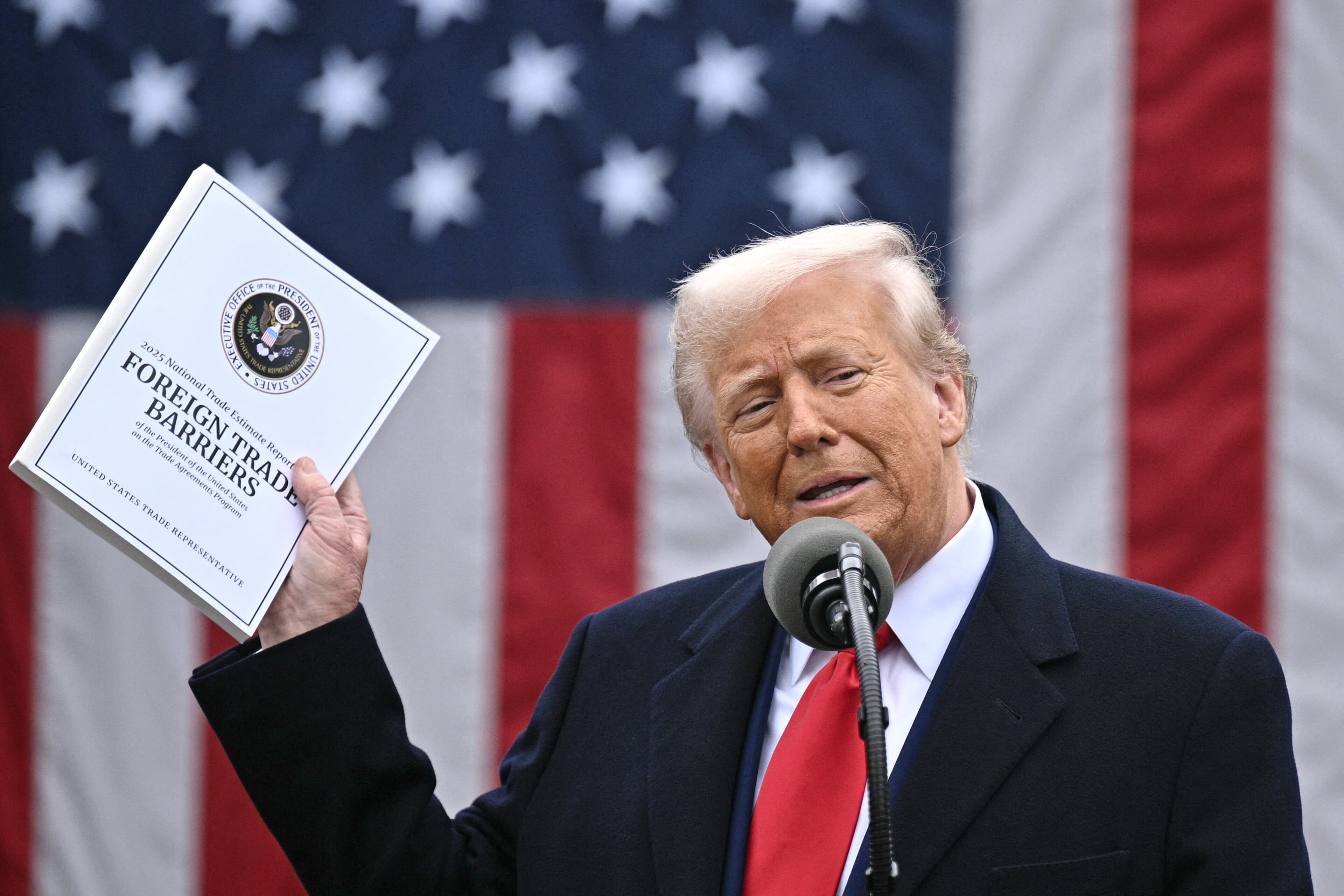As many toy retailers across the nation struggle to keep up with online competitors (i.e. Amazon), the CEO of Camp, an experiential toy store that includes activities for kids, said "people don't leave," which has helped his store avoid the feared retail apocalypse.
"There's a tradition at the front of the store, which is the counselors — that's what we call our staff — count the number of kids who cried on the way out," Camp's CEO and co-founder Ben Kaufman told Cheddar. Most people stay, on average, 90 minutes inside the store. "We like to tire [kids] out."
The store offers both free activities for visitors and classes parents can sign their kids up for (like snow globe making or music).
One year after its opening in December 2018, Camp has expanded to five stores with more plans to expand nationwide. Last Thursday, it opened its latest location in New York City's Hudson Yards. Camp "was a great cornerstone of the neighborhood they're trying to build," Kaufman said.
He has been surprised by the excitement the store has received from communities — especially parents eager to find fun things to keep their kids entertained. "One of the craziest things we figured out after launching our first store is that Camp becomes a ritual for families in the neighborhood," he told Cheddar.
Every surface of Camp, which sells both toys and experiences, is a play area for children. Toys R Us, which shuttered 700 stores after filing for bankruptcy in 2017 is planning a similar experiential shopping strategy.
"A lot of people are like 'how are you going to compete with Amazon to sell toys' and we actually don't think about that as part of what we're trying to solve for," Kaufman said. "We like to think we're competing for people's time. What are we going to do on Saturday? What are we going to do after school? If we win that, then they'll come into our stores, they'll have fun, we'll be part of their lives, and they'll buy stuff along the way."












